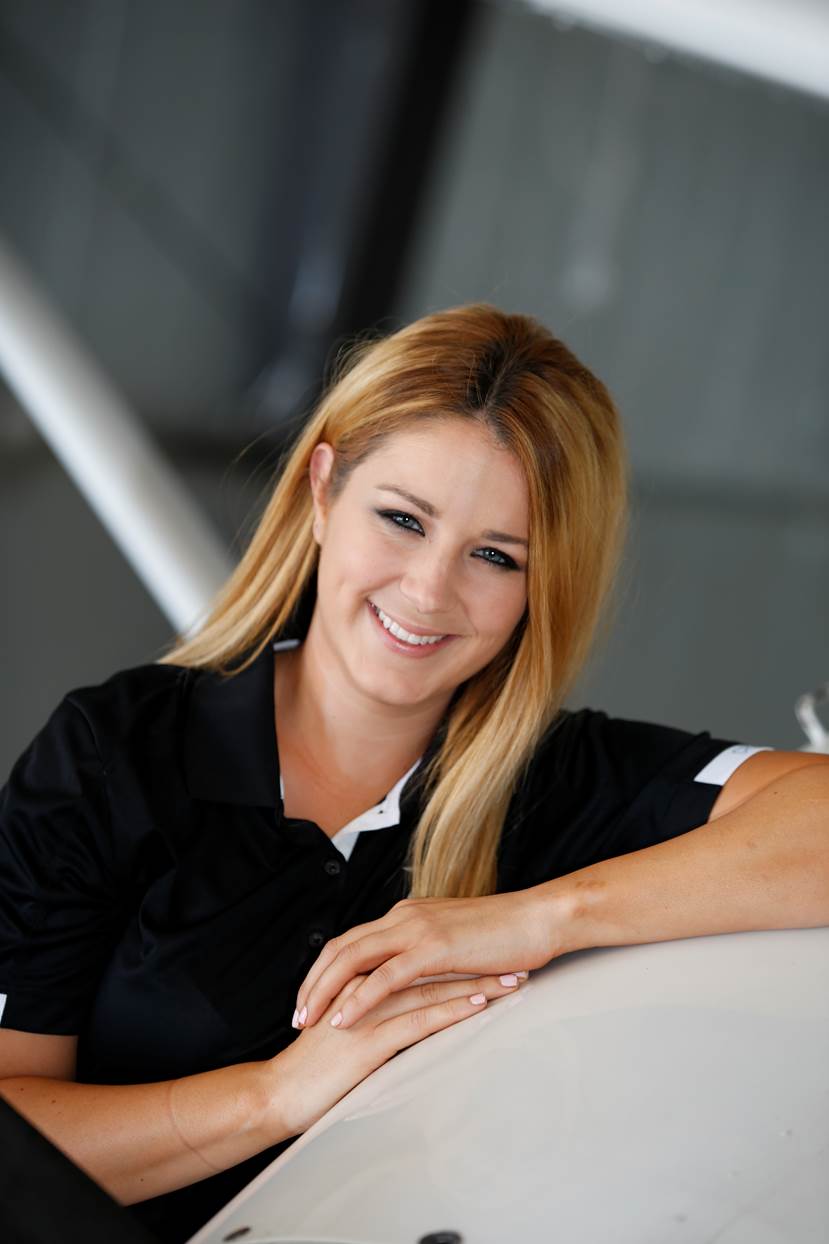From 0 to 60K: BasicMed means business
More than three years after its launch, it’s safe to say that BasicMed is a resounding success. Just ask the more than 60,000 aviators already flying safely under the program’s medical privileges.
Born from a longstanding demand for change in the medical certification process for general aviation pilots, BasicMed has been a major victory for the GA community. For decades, AOPA and aviation groups worked to change the burdensome and costly regulations placed on pilots, often requiring special issuances for medicals that caused pilots to wait months or even years to get answers from the FAA. Because of the onerous and costly process, many simply grew tired and were forced out of flying.
The FAA also played a significant role and implemented regulations on May 1, 2017. Under the Part 68 regulations that govern BasicMed, pilots can fly aircraft up to 6,000 pounds up to 250 knots indicated airspeed, with five passengers, day, night, VFR, IFR, and at altitudes up to 18,000 feet msl. Pilots must also visit a state-licensed physician every four years (calculated to the exact day) for a physical exam, and take an online aeromedical course every two years (calculated to the last day of the month).
AOPA has since developed numerous resources for pilots flying under the program on its BasicMed webpage. Users can find an instructional video, frequently asked questions, and a special physicians’ guide to help alleviate confusion about the medical process. AOPA also offers the required online aeromedical course to pilots for free.
In the short time since its inauguration, BasicMed has achieved some impressive milestones. AOPA worked with neighboring countries, including the Bahamas and Mexico, to accept BasicMed pilots, and continues to encourage Canada to follow suit. Globally, countries have also taken steps to address their bureaucratic medical processes. The United Kingdom, Australia, Canada, and Europe along with the United States have all developed various alternatives to decades-old medical processes. These countries account for well over 80 percent of GA pilots worldwide.
The FAA works closely with AOPA to administer the BasicMed program (with its online medical education course and pilot reminders), and the FAA reviews, audits, and pursues enforcement if necessary.
More than 60,000 pilots are safely flying under the program and, according to NTSB accident reports, medical incapacitation as a cause of aircraft accidents is an extremely rare occurrence under any class of medical certification.
BasicMed, through the online medical education course, has allowed pilots to fly with more knowledge about their health than ever before and provides GA pilots with an opportunity to visit an aviation medical examiner or their private physician for a physical. The BasicMed certification process was long overdue and a beacon for similar reforms around the world.



